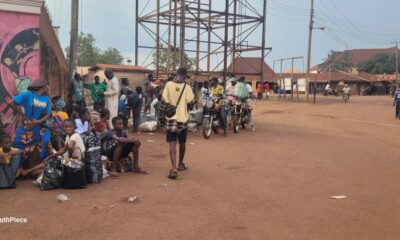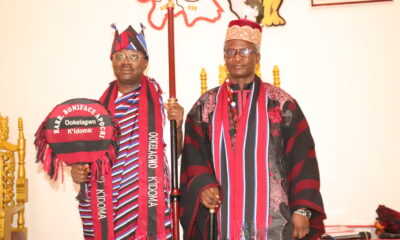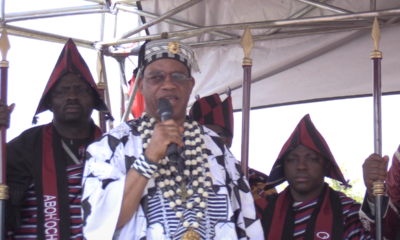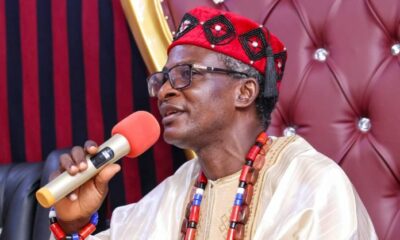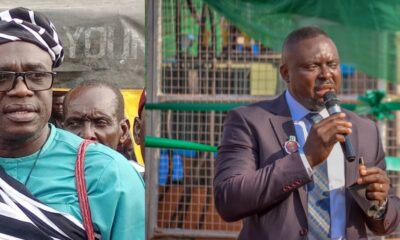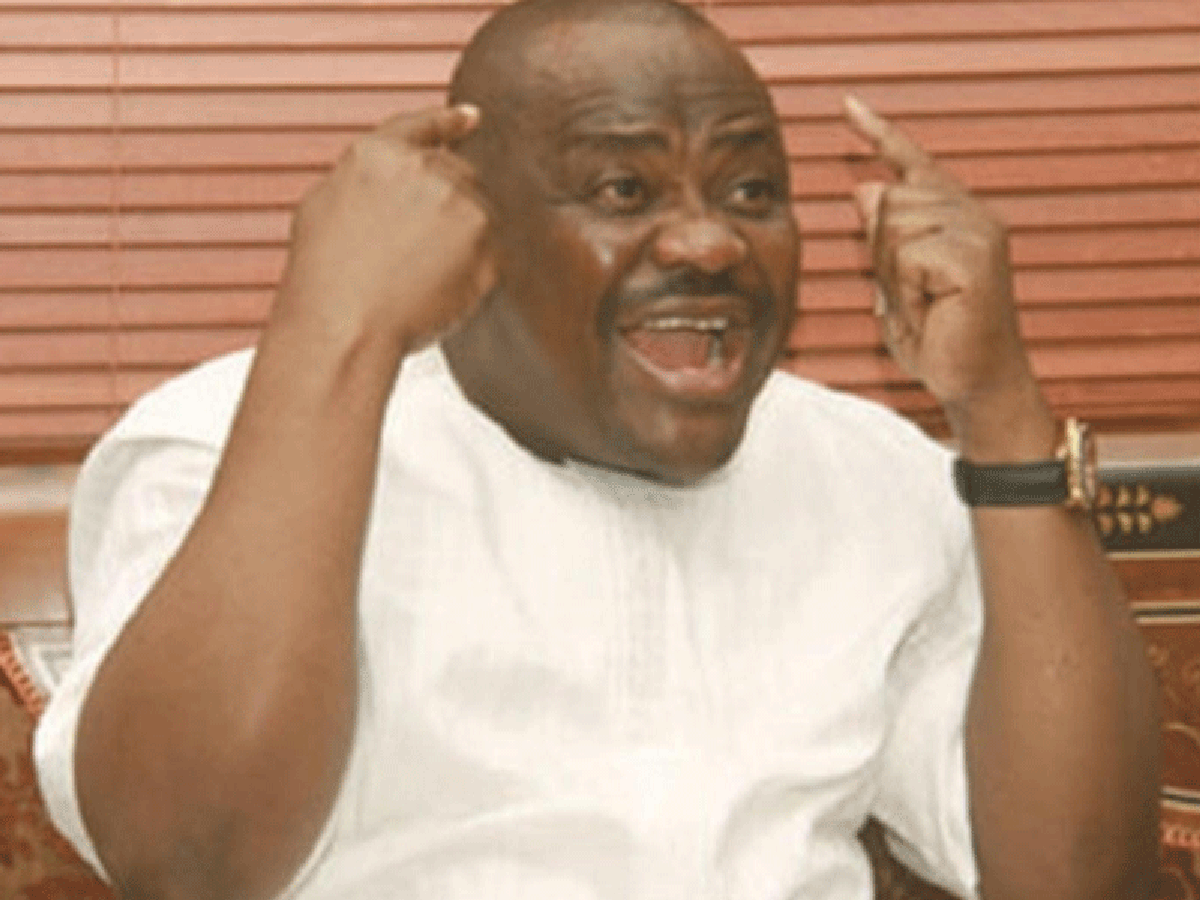idoma news
Och’Idoma: Turning the page on Idoma tradition
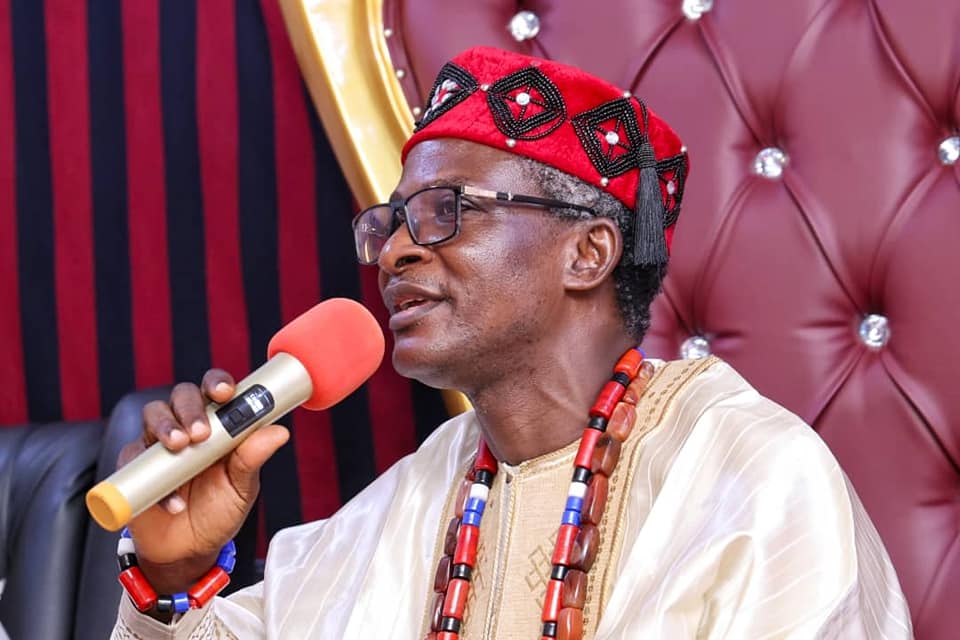
The heart of Idoma land is currently pulsating with debates and discussions as HRM Agabaidu Elaigwu John Odogbo (Och’Idoma V), the paramount ruler, unveiled a series of transformative directives reshaping the cultural landscape.
Recently, the monarch unveiled a series of transformative directives aimed at reshaping the cultural landscape of the Idoma people.
This announcement, particularly regarding changes in burial and marriage traditions, has sparked a wave of controversy and discussions within the community.
Och’Idoma V’s ascension to the throne, a mere three years ago, was met with scepticism and opposition due to his perceived deviation from the traditional ‘ruling class.’
Despite the district heads’ plea for a ruler from their ranks, the then-governor, Samuel Ortom, approved the ‘election’ of Odogbo, a pastor affiliated with the Deeper Life Bible Church, as the ‘Lion of Idoma nation.’
This unconventional choice set the stage for a reign marked by controversy.
One of the initial points of contention arose during the 2022 Idoma Association convention in the USA when the Och’Idoma proposed a new cultural attire for the Idoma people, incorporating the royal blue, black and white garments of the Igede-speaking people of Oju and Obi.
This suggestion faced vehement rejection from both Idoma and Igede natives, causing a visible divide within the community.
Also, concerns were raised about the monarch’s open display of his religious affiliations.
As a pastor with the Deeper Life Church, Odogbo’s actions, such as removing his crown to honor ‘God’ at events, drew criticism from some quarters, as it seemed to reflect a fusion of his religious beliefs with traditional customs.
The latest source of controversy stems from the introduction of new burial and marriage laws by the Idoma Area Traditional Council, led by Och’Idoma V.
The traditional council declared the consolidation of marriage bride price, setting it at N50,000.
This move, however, faced criticism, with many expressing disapproval of the ‘unified’ N50,000 bride price, deeming it exorbitant.
In Idoma land, it is argued that parents traditionally collect far less, often not exceeding N500 as a bride price.
Critics argue that the unified N50,000 bride price is exorbitant compared to the traditionally modest amounts previously exchanged.
A commentator, Ameh Rex, expressed discontent, saying, “My in-law only collects N300 as bride price. Agabaidu has ended up increasing the bride price. I think he was not properly briefed or this meeting was done in a hurry.”
These directives, designed to overhaul outdated practices, have been met with mixed reactions within the Idoma community.
One of the groundbreaking changes is the abolition of costly burial rites. The council now prohibits imposing exorbitant costs for burial ceremonies, urging families to conduct affordable ceremonies and complete the process within two to three weeks from the date of death.
In addition, inheritance rights of children and wives have been emphasized, ensuring they receive their rightful share of the deceased’s property in the absence of a written will.
Another significant shift is the mandate for the deceased’s wife to be buried in her husband’s place, with exceptions granted under special circumstances.
To prevent indiscriminate burials, communities are required to designate specific burial grounds by the end of 2024, obtaining the Traditional Ruler’s permit for burials within private compounds.
Despite the council’s intentions to modernize cultural practices, discontent has emerged among some Idoma people.
Another commenter, Agabaidu Emmanuel Odeh, the paramount ruler of Ogbadibo, weighed in on the issue of the burial of the deceased’s wife, stating that the practice has been ongoing in Owukpa as women are not allowed to be buried in their husband’s house.
He justified this by delving into historical context, explaining that during the slave trade era, women were taken to their father’s house for burial to prevent deceitful practices.
On the issue of cemeteries, the proposed establishment of burial grounds has faced vehement opposition.
Historically, Idoma land has not housed cemeteries, with only those who died from specific diseases being buried in forested areas.
The cultural shift toward designated burial grounds has been met with skepticism and resistance.
Further complicating matters, Och’Idoma V has abolished the ‘aje,’ a yearly ritual to appease the gods ‘alekwu,’ replacing it with a church service. This decision has stirred controversy as some view it as a departure from the traditional customs that have defined the Idoma people for generations.
As the community grapples with these sweeping changes, the question lingering on many lips is whether Och’Idoma’smove to turn back the hands of time will ultimately do more harm than good for the Idoma people.
Only time will unveil the true impact of these cultural transformations on the rich and diverse heritage of the Idoma community.


